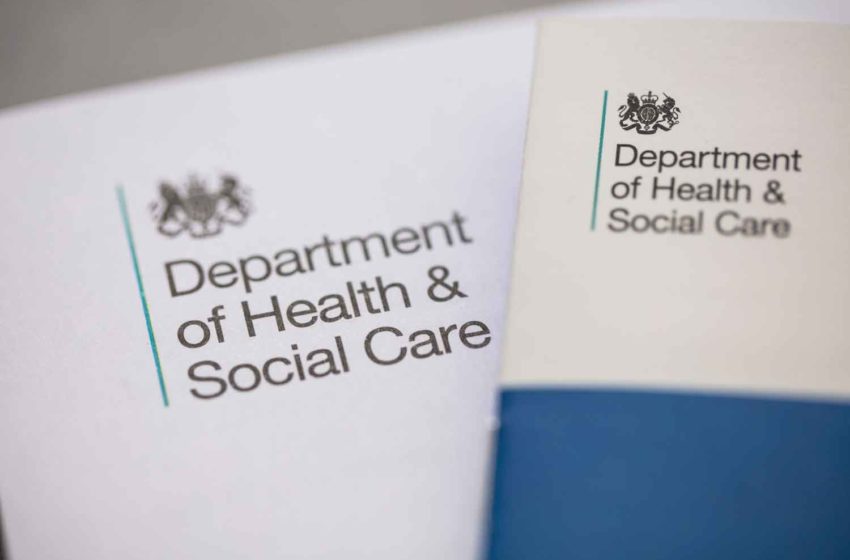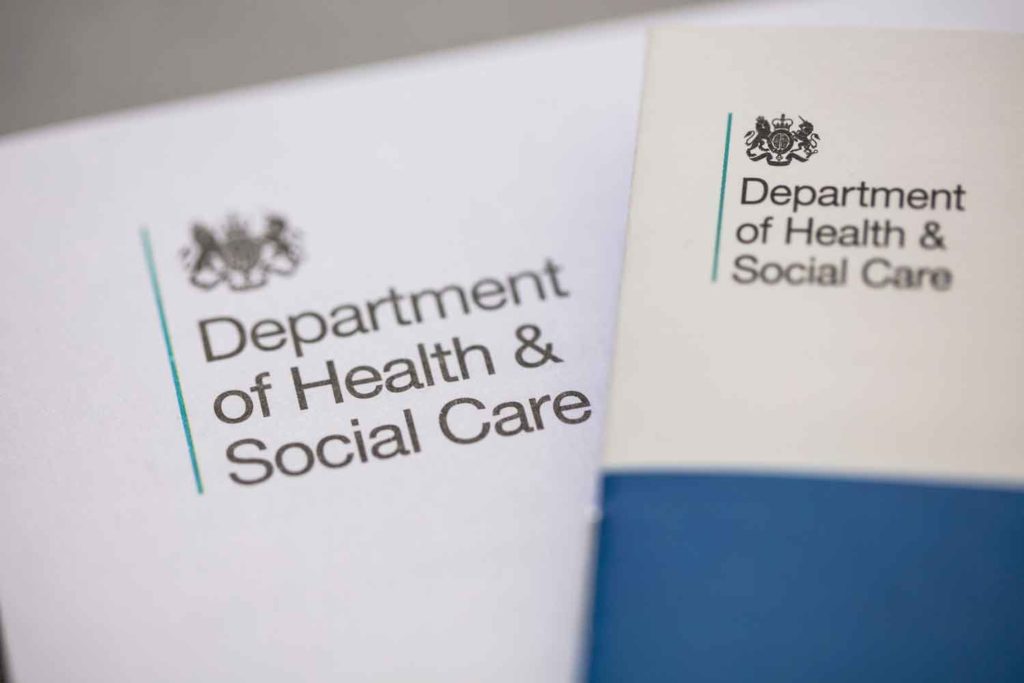U.K. Acknowledges Vaping’s THR Role
- Featured Harm Reduction News This Week
- March 27, 2022
- 0
- 4
- 4 minutes read


The U.K. Department for Health and Social Care’s (DHSC) has acknowledged the role of vaping in smoking harm reduction, according to the U.K. Vaping Industry Association (UKVIA).
In its review of the Tobacco and Related Products Regulations (TRPR) laws, which was published on March 25, the DHSC noted existing TRPR regulations “met their original objectives” and that they “could not be better achieved through alternative regulatory measures.”
The government has set itself a target of reducing the amount of U.K. smokers to just 5 percent of the population in the next eight years with the TRPR and other developments, such as the yet to be published Tobacco Control Plan (TCP), set to play a major role in helping to realize that ambition.
“While at first glance this appears to be ‘status quo,’ I see this as a win for the U.K’s vaping sector as the review clearly states the positive impact that vaping can have in helping people to quit smoking,” said John Dunne, director general of the UKVIA.
“As part of the TRPR consultation we submitted a whole raft of proposals aimed at creating a better commercial and regulatory environment to make it easier for the industry to help people trying to give up smoking and it is good to see those acknowledged.”

I see this as a win for the U.K’s vaping sector as the review clearly states the positive impact that vaping can have in helping people to quit smoking.
The UKVIA, which promotes vaping as a much less harmful alternative to smoking and its significant impact in helping smokers quit, as well as dispelling the misinformation on vaping that exists, submitted a landmark package of recommendations to the TRPR consultation, including:
- The use of government-approved expert health claims on products to address misinformation leading to misperceptions on vaping, and therefore encourage smokers to switch
- Greater opportunities to engage with smokers, as current regulations restrict vaping’s ability to provide smokers with evidence-based knowledge to make informed decisions when looking to quit
- The extension of certain regulations to cover additional vaping products, such as non-nicotine e-liquids, thereby ensuring a highly responsible and safe industry.
“What this tells me is that the industry is doing its job in bringing to the fore some of the things that have been holding back vaping’s ability to support the government’s smokefree targets to full effect,” said Dunne.
“We have to remember this is only a review of all points made and some initial positions the government is taking; our hope now is that those proposals and recommendations are carried forward and manifested in the Tobacco Control Plan.
“So, while in some respects it is disappointing that the government hasn’t taken forward the measured, evidence-based reviews put forward by the UKVIA, there is still positivity that in addition to forthcoming TCP, our recommendations can also inform and influence the Health Disparities White Paper and independent review into tobacco control policies.”
